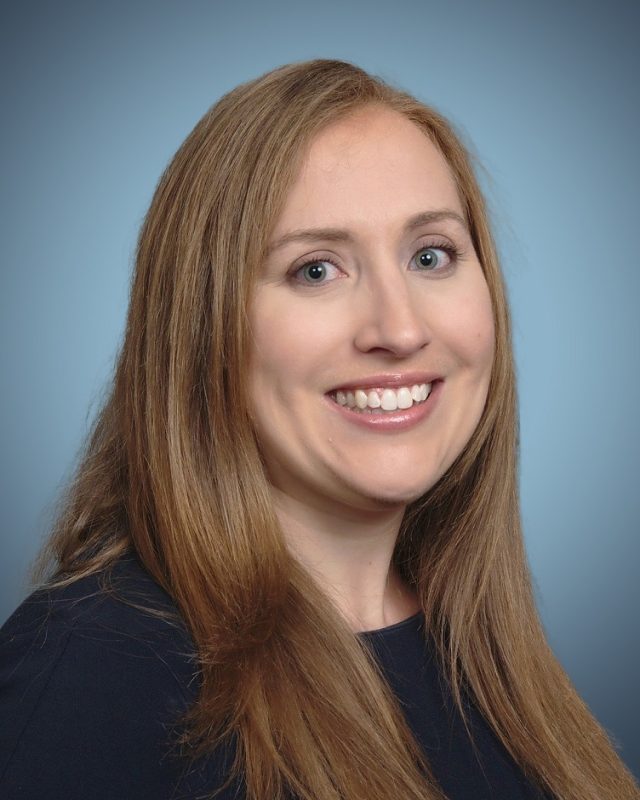Ongoing care coordination is provided by experienced oncology clinicians and support staff who are available to assist you throughout your treatment with symptom management and nutrition needs.
The goal of care coordination is to help you manage your physical, psychosocial and emotional needs as well as act as your primary contact. The care coordination team performs many functions including providing medication and diagnoses education, symptom monitoring, as well as addressing barriers to care, including financial and transportation assistance. Your care coordinator will assist you with creating and understanding your personalized plan of care and help facilitate communication between your oncologist and other providers.
Patients enrolled in programs such as Principal Care Management (PCM) or Enhancing Oncology Model (EOM) program will be assigned a care coordinator. The PCM program is available to Medicare and most Medicare Advantage patients who have one serious, complex chronic condition. EOM is specifically designed for Medicare Fee-For-Service beneficiaries with seven specific types of cancers: breast cancer, chronic leukemia, small intestine/colorectal cancer, lung cancer, lymphoma, multiple myeloma, and prostate cancer.
Patients also have access to a wide range of services and resources that help improve their overall health and well-being including support from dietitians to minimize the impact of cancer on daily life.
Meet Your Oncology Dietitian
Hillary Buch, MS, RD, CSO, LDN
Hillary is a registered dietitian experienced in oncology nutrition. After receiving a bachelor’s degree in clinical nutrition from the university of California Davis, Hillary earned a master’s degree in nutrition and dietetics from Saint Louis University. She worked closely with lung and esophageal cancer patients at Barnes-Jewish Hospital in St. Louis, Missouri, and worked with a variety of cancer types at Moffitt Cancer Center in Tampa, Florida.
Hillary provides personalized nutrition plans for each patient, helping to find the right foods during treatment to lessen the side effects and improve recovery. She also specializes in treating and preventing malnutrition. Hillary enjoys helping each patient to feel their best and meet their nutrition-related goals.
Nutrition support is an integral part of the treatment and recovery plan for our patients and appointments with the dietitian are free of charge.

